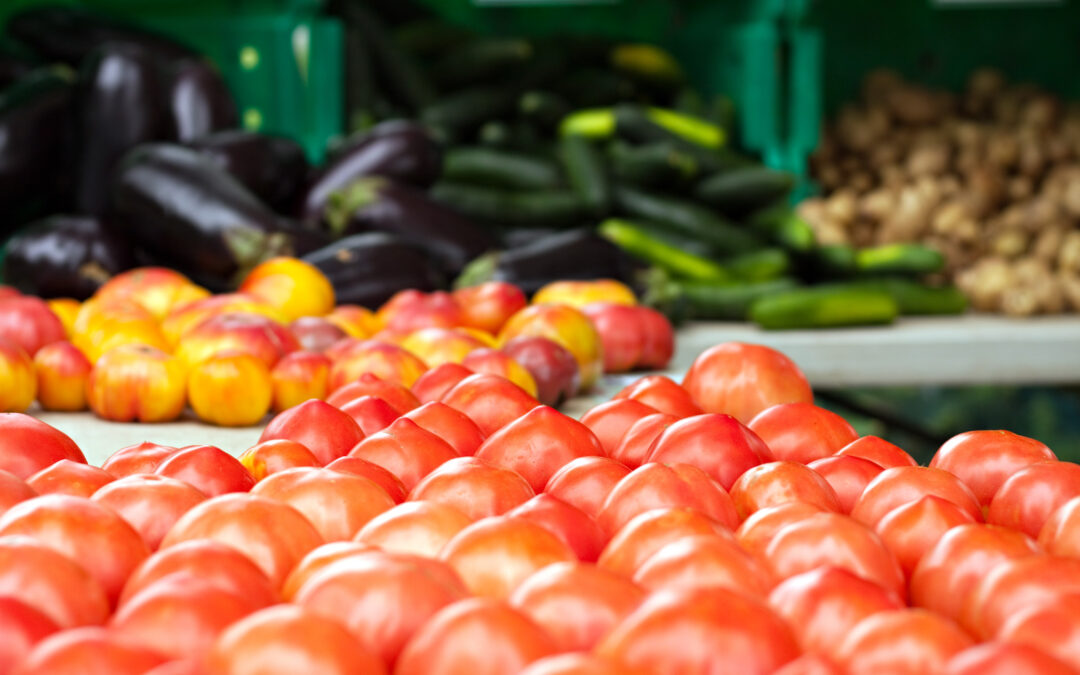Introduction to Organic Gardening:
Organic gardening is a method of growing plants and vegetables without the use of synthetic fertilizers, pesticides or genetically modified organisms (GMOs). Instead, it relies on natural methods such as composting, crop rotation, companion planting, and biological pest control. By using these techniques, you can grow healthy crops that are free from chemical residues and environmental pollutants.
The Health Benefits of Eating Organically Grown Food:
Eating food grown with organic practices has numerous benefits for your health. Firstly, organic produce contains higher levels of nutrients than conventionally-grown fruits and vegetables. This means that by eating an organic diet, you will be getting more vitamins, minerals, antioxidants, and other important phytonutrients that support good health. Additionally, organic food is free from harmful pesticide residues which have been linked to various illnesses including cancer, neurological disorders, and hormonal imbalances. By choosing organic, you can rest assured that what you’re putting into your body is pure and safe.
How Organic Gardening Can Help the Environment:
Organic gardening not only provides many benefits for human health but also helps protect the environment in several ways. For instance, by avoiding the use of synthetic pesticides and fertilizers, organic farming reduces water pollution caused by runoff from agricultural fields. It also promotes soil conservation, improves air quality, and supports wildlife habitat preservation. Moreover, organic farming practices reduce greenhouse gas emissions, making them a crucial tool in combatting climate change.

Tips for Starting Your Own Organic Garden:
Starting an organic garden may seem daunting at first, but it doesn’t need to be complicated. Here are some tips to get started:
1. Choose the right location – select an area that receives plenty of sunlight and has well-draining soil.
2. Use natural materials – make your own compost heap, collect manure from local farms, and look for other natural sources of fertility.
3. Plant wisely – choose heirloom seeds or buy certified organic seedlings to ensure they haven’t been treated with any chemicals.
4. Practice good maintenance – keep weeds under control, rotate crops regularly, and monitor for pests so you can address issues early on.
5. Be patient – remember that organic gardening takes time and effort, but the results are worth it!



